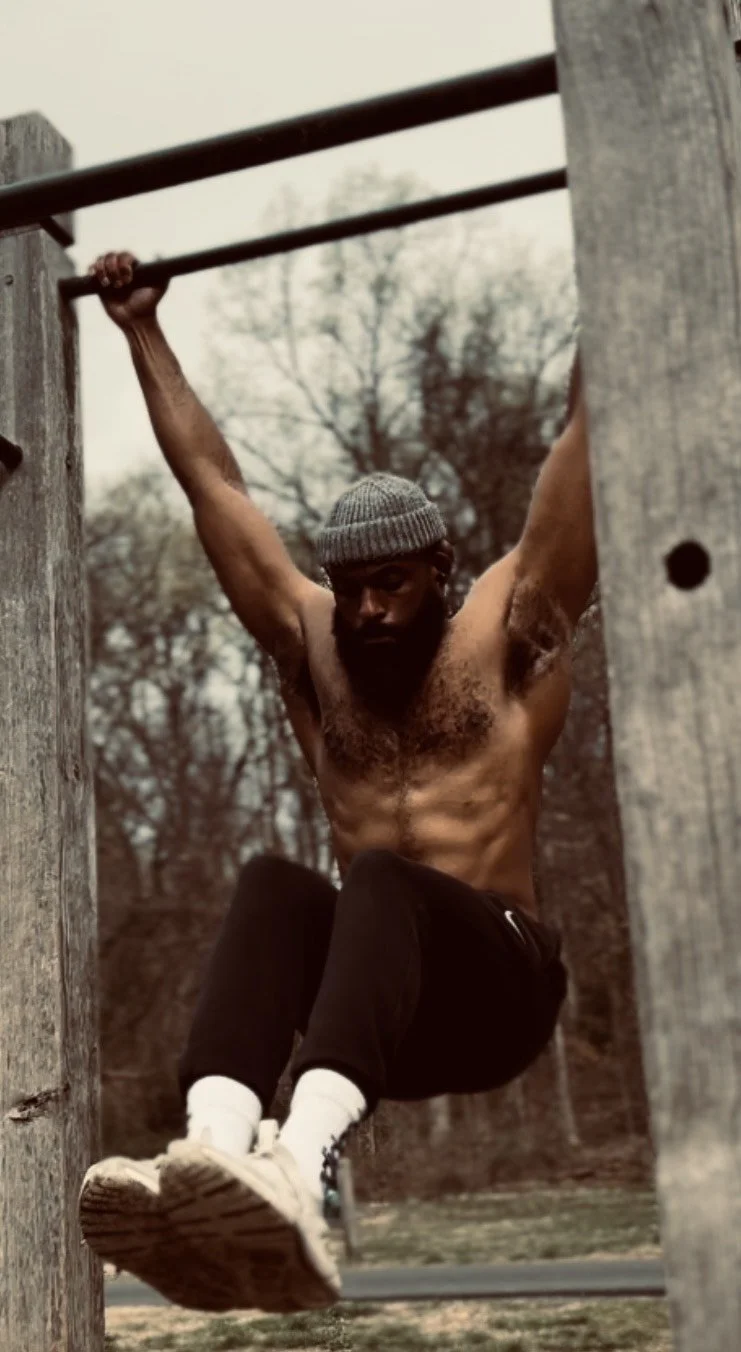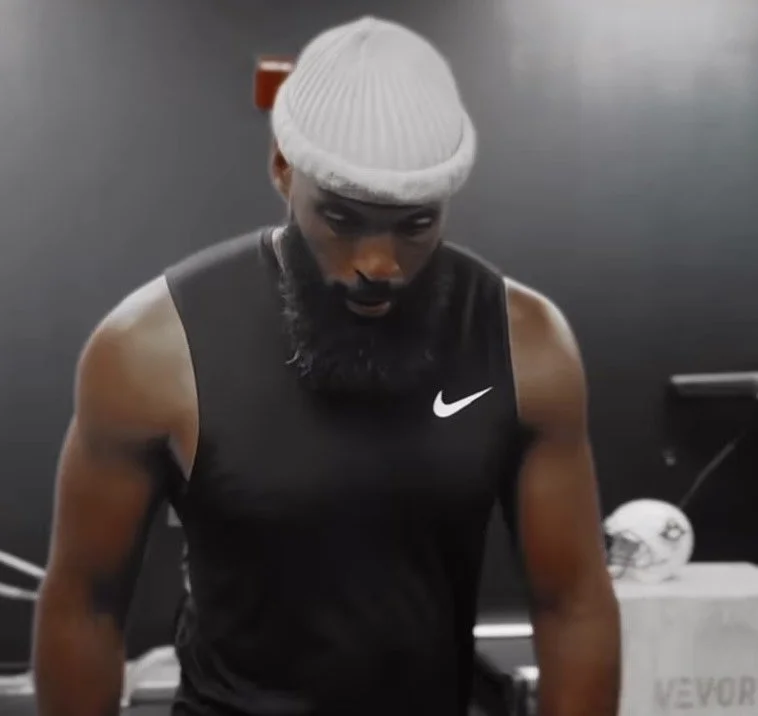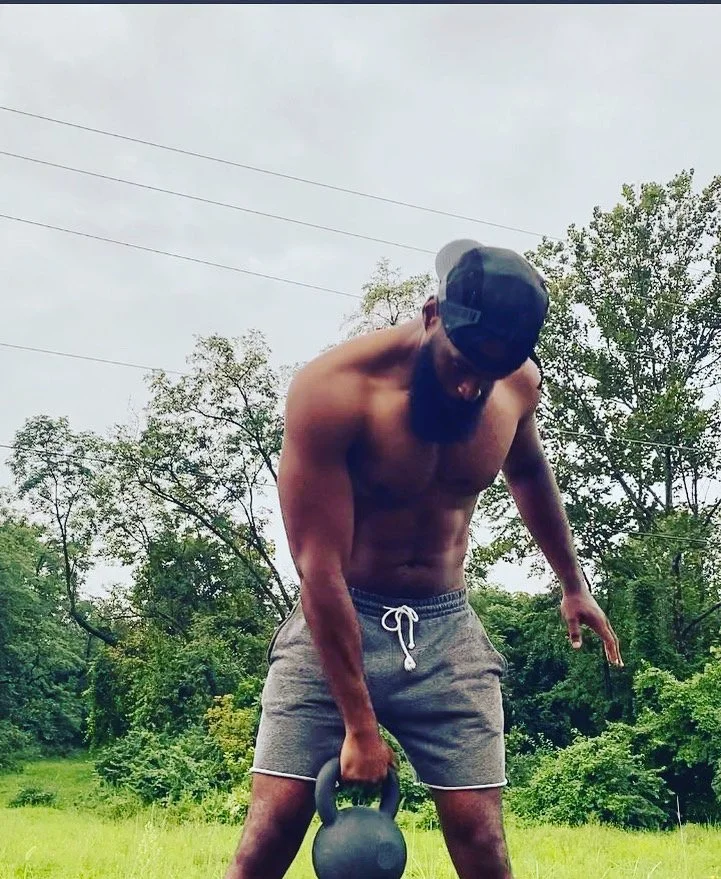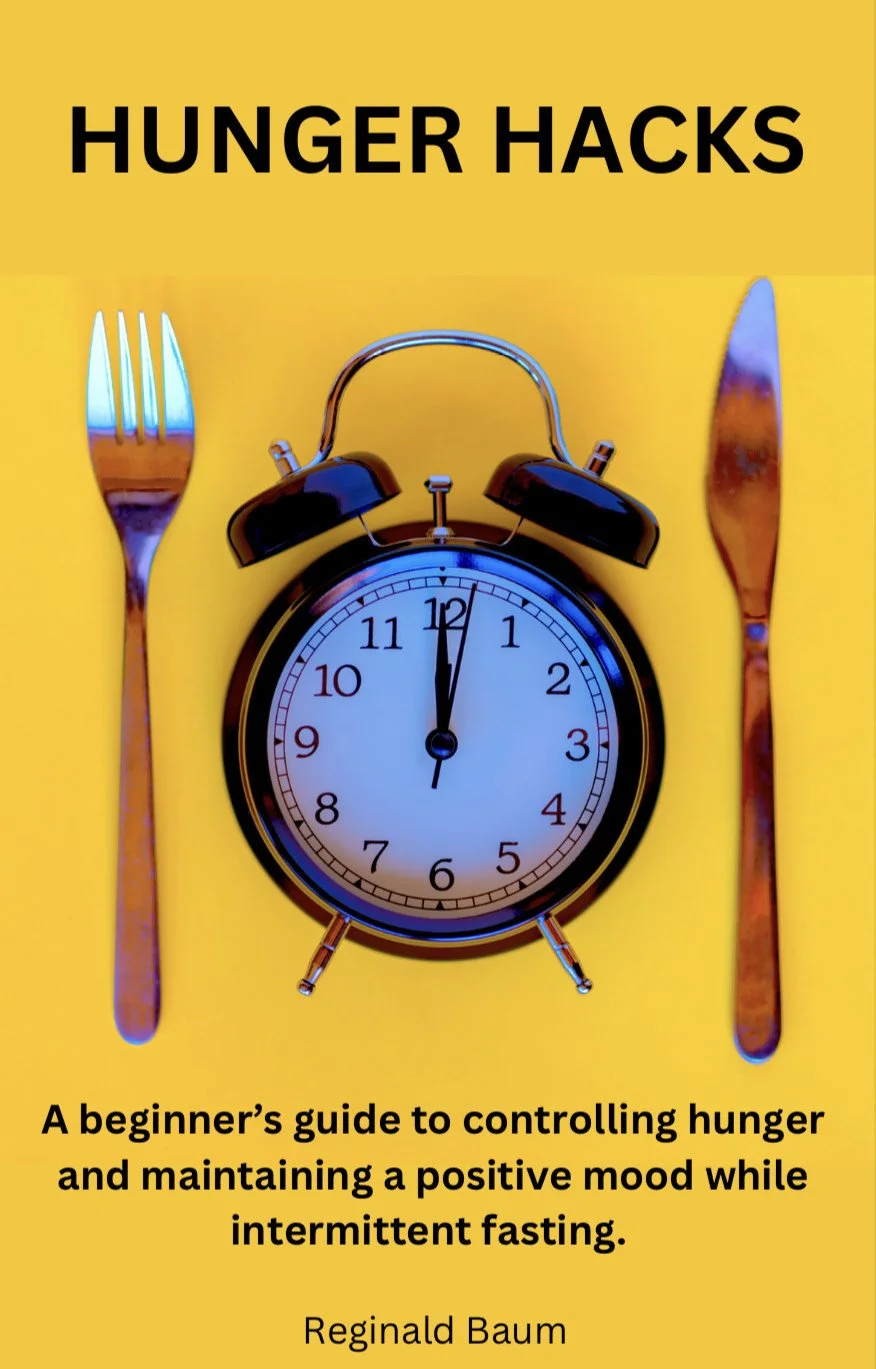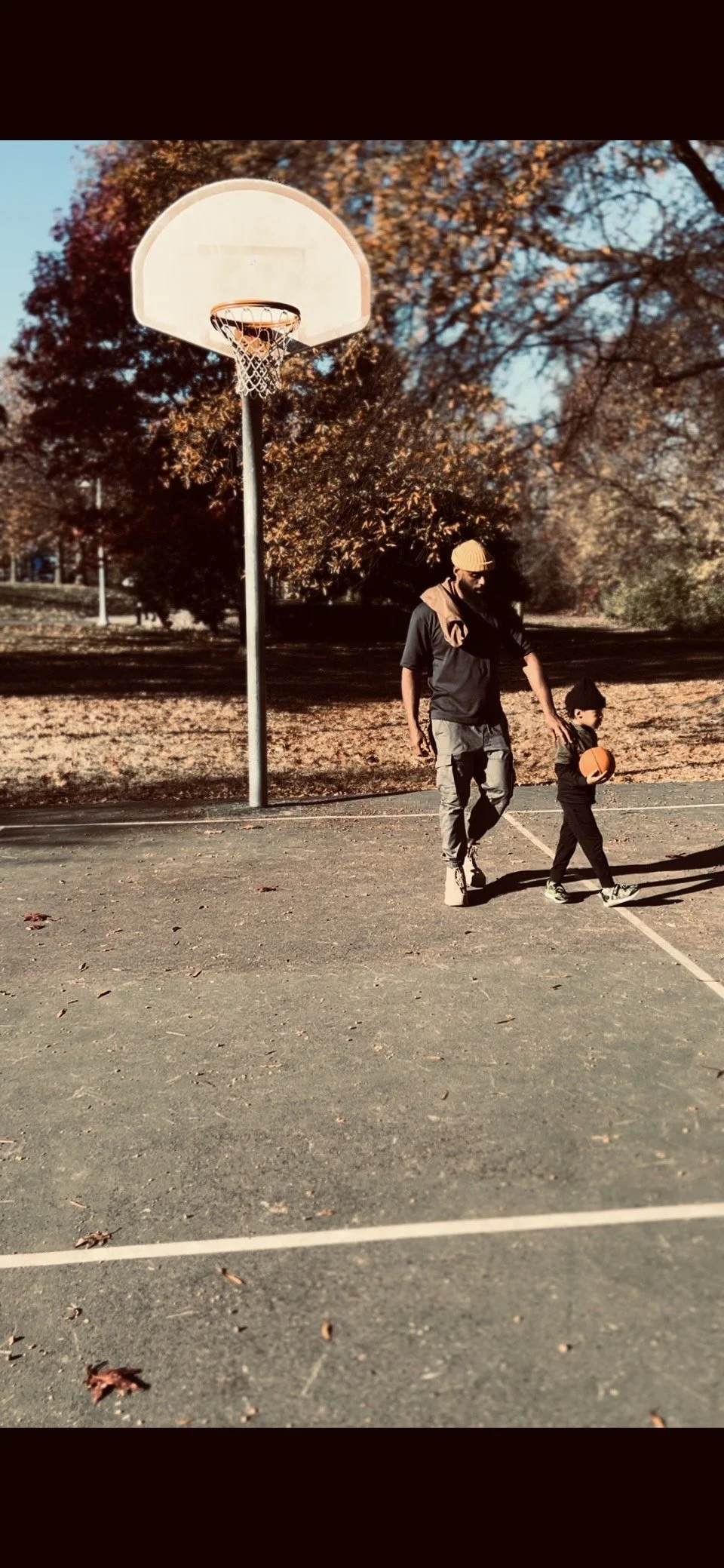The Day Everything Changed
I still remember the day vividly. It was a nice day out. I was around 8 or 9 years old.
We had just moved from Takoma Park, MD to Severn, MD, and my older brothers were registering for high school.
My mom went into the school with my brothers and left my dad to watch me and my two younger sisters in the car.
We were full of energy that day — screaming, bouncing around, not sitting still.
My dad would yell back every few minutes for us to settle down. We'd chill for a moment, but always start right back up.
Eventually, it seemed like my dad gave up. He started holding his hand to his temple and stopped yelling as much.
I remember thinking something was off.
“I was always extremely observant as a kid.”
He said we were going outside to sit down because his headache was so bad.
He sat in the grass, and while my sisters and I continued to play, I noticed him lying down fully — eyes closed, in what looked like serious pain.
I knew something was wrong.
I ran to the next adult I saw and told her, “My dad has a really bad headache and needs help.”
She came over, checked on him, and immediately called an ambulance.
The Stroke
He was unresponsive.
From there, it’s kind of a blur.
I remember my mom rushing out of the school. I remember him being rushed to the hospital.
He had suffered a massive stroke.
He went into a coma — and stayed in that coma for three months.
Doctors told my mom he wasn’t going to make it.
But she never gave up faith. She prayed over him every single day.
Eventually, he woke up. It was a miracle.
But he would never be the same.
The Aftermath
The entire left side of his body was permanently damaged.
He had to relearn basic motor skills from scratch.
He dealt with ongoing health struggles for the rest of his life — kidney failure, multiple heart attacks, and more.
But he kept his faith.
He fought depression, and still always found something to be thankful for.
“Looking back, I didn’t realize how tough it must have been to stay positive through all of that.”
As a kid, I didn’t understand. I was angry. Defiant.
I acted out — and I deeply wish I had been more respectful. I wish I had appreciated how much he endured.
The Kind of Man He Was
I remember him talking to me about how hard it was not to be able to work and provide.
He got a disability check, but he wanted to do more. He did what he could — mowing the lawn, fixing things around the house.
“He still had a positive and helpful attitude. In my eyes, that was very honorable.”
My dad passed away in 2018, at 67 years old, after years of battling an inoperable heart issue.
The Conversations That Stayed With Me
I was a hard-headed middle child. I kept my distance.
But I remember him trying — trying to connect, to give me advice.
Many of those conversations still live in my head.
At some of my darkest moments, I remember him telling me he was proud of me.
It was a simple statement — but it hit different, because he knew what I had been through.
Sometimes, I didn’t even feel proud of myself… so I couldn’t understand how he could be.
I often felt like I was underachieving. Always chasing more, and forgetting to be thankful for what I had.
He was old-school, Southern — if you had a steady job, your own place, and your health, you were doing alright.
“He helped me find perspective when I was stuck in cycles of negative thinking.”
He reminded me to be grateful for the simple things.
When I Needed Him Again
A year and a half after he passed, it was the middle of the first COVID lockdown.
And I was in one of those dark places again.
My living situation was unstable.
I wasn’t in shape.
I wasn’t eating mindfully.
I was drinking more heavily than ever.
I was overwhelmed — by a grueling job, a failing relationship, and trying to be a new parent to a newborn.
And I really needed one of those conversations.
The Shift
One morning, I made a decision:
I couldn’t change my situation — but I could change myself.
“I don’t know what it is about your mid to late 30s... but something starts to shift.”
Maybe it was the birth of my son.
Maybe it was just time.
But I began thinking about legacy.
I began thinking about how I was living. And how much time I might have left.
I was 36.
My dad was 39 when he had that stroke.
He had been warned a year earlier:
“If you don’t stop drinking and smoking, you’re going to have a stroke or heart attack.”
He didn’t stop.
My Why
If I wasn’t careful, I could end up in the same spot — broken down before 40.
Nobody plans on getting sick.
But our habits write our future.
“Life can bring much pain. It is up to you to decide how to cope with this pain. Choose wisely.”
– J. Cole, KOD
That line stuck with me.
I knew that if I wanted to change, it would start with my daily habits.
I wanted to be someone my son could admire.
Someone whose life he could model.
I looked at what I could control.
And the first thing I knew I could take back — was my fitness.
“If I could improve my fitness, I could create at least one positive feedback loop in my life.”
That’s what led me to create The Regimen.
That’s when I found my why.
36 vs. Now.
Small changes. Daily habits. A mindset shift.
I didn’t change overnight — but I decided to start.
This is what it looks like when you find your why… and keep showing up for it.

